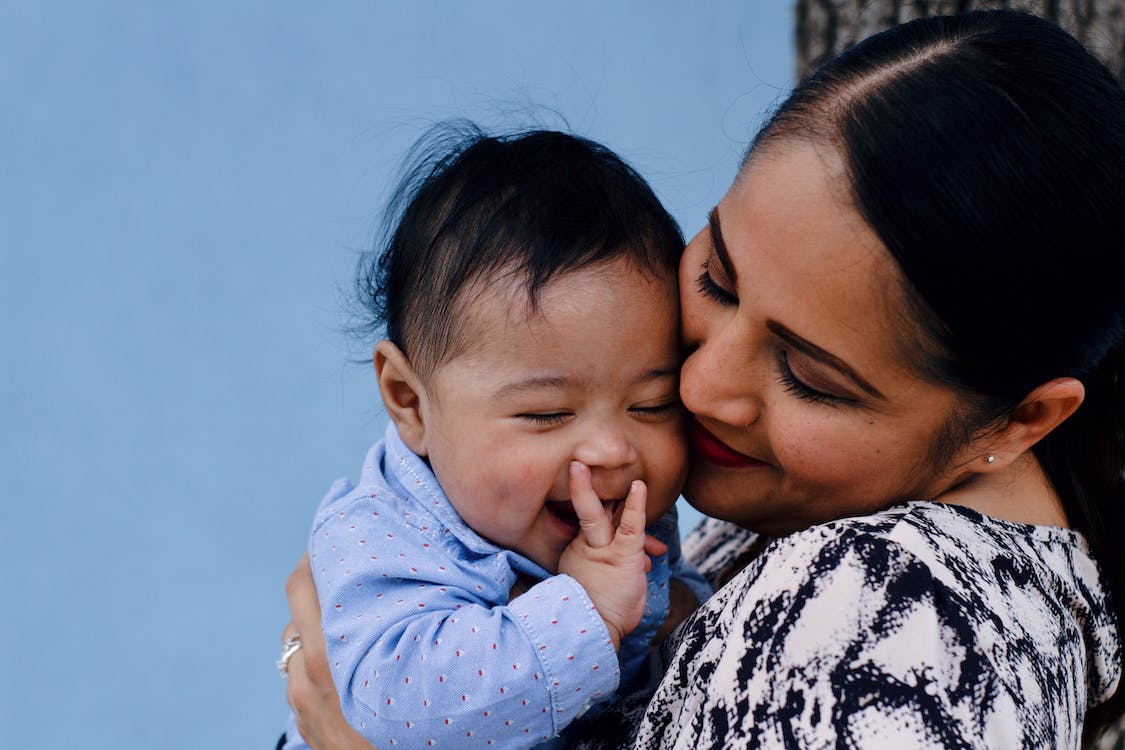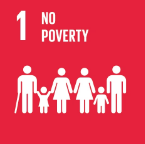It is estimated that nearly10% of children born in the region in 2020 were underweight.
Early childhood

CAF provides financing and technical advice so that thousands of children in Latin America and the Caribbean can have an adequate physical, cognitive and socio-emotional development that allows them to lead productive and fulfilling lives.
CAF’s support has potentially contributed to increasing food security by 25% in households benefiting from cash transfersin Argentina and reducing CCM in Ecuador by approximately 6% annually through its Results-Based Budgeting approach, among other impacts in other countries in the region.




In Latin America and the Caribbean (LAC), there are 48.8 million children under the age of five. A high percentage of these children grow up with serious deprivations, in a context of deficient public policies that are unable to reverse inequalities or, in some cases,even exacerbate them.
By 2022,five million children under five suffered fromgrowth delays measured by height for age,one of the main indicators of chronic child malnutrition (CCM). Likewise, 18% of children between three and five years do not have age-appropriate development in at least three of four relevant domains (cognition, motor development, socioemotional skills,and learning).
The optimal development of a child’s skills and abilities fundamentally depends on the quality of care received during the gestation period and the first years of life. Available data reflect that many children in LAC, especially those living in more disadvantaged socioeconomic contexts, are far from receiving adequate care at this stage. Deficiencies begin at the gestational stage, with many women receiving poor medical care during pregnancy. Later, in early childhood, we find deficiencies in the prevalence of exclusive breastfeeding, complementary feeding practices, stimulation and/or responsive care for the child.
These deficiencies, occurring in themost critical stage of their growth, result in many children not achieving ideal physical, socio-emotional, and cognitive development. As the years pass, the accumulation of human capital in these children will weaken, in many cases permanently, negatively impacting not only their health and productivity but also the general level of well-being in our societies.
Ensuring that children have adequate care, regardless of where they were born, is not only a moral imperative but also a necessity in terms of equality and efficiency.
Since 2019, CAF has contributed USD 1.169 billion to earlychildhood care in LAC, supporting early childhood development policies and social protection, as well as promoting nutrition and maternal-child health, through financing, technical assistance, and the generation and dissemination of knowledge incomprehensive early childhood development.
CAF’s support has potentially contributed to increasing food security by 25% in households benefiting from cash transfersin Argentina and reducing CCM in Ecuador by approximately 6% annually through its Results-Based Budgeting (RBB). Similarly, with itsactivities in specificcommunities in Bolivia, Panama, Peru, Uruguay, and Venezuela, CAF’sactionsmayhavehelped reduce, amongotherthings, diarrhealincidenceby 30% through the promotion of hygienic practices, reduced the probability of premature introduction of complementary feeding by 12% and reduced the incidence of growth stunting by 0.12 standard deviations through the promotion of proper feeding practices at home. In Venezuela, mitigation actions were crucial in recovering between 60% and 70% of malnourished children who were attended to.
Highlights
It is estimated that nearly10% of children born in the region in 2020 were underweight.
In LAC, as of 2019, 21 out of every 100 children between sixmonths and five years suffered from anemia. By 2022, five million children under five suffered from growth delays measured by height for age.
Since 2019, CAF has contributed USD 1.169 billion to earlychildhood care in LAC, supporting early childhood development policies and social protection, as well as promoting nutrition and maternal-child health.
CAF-funded projects may have helped reduce chronic child malnutrition, diarrhoea incidence and child mortality.









